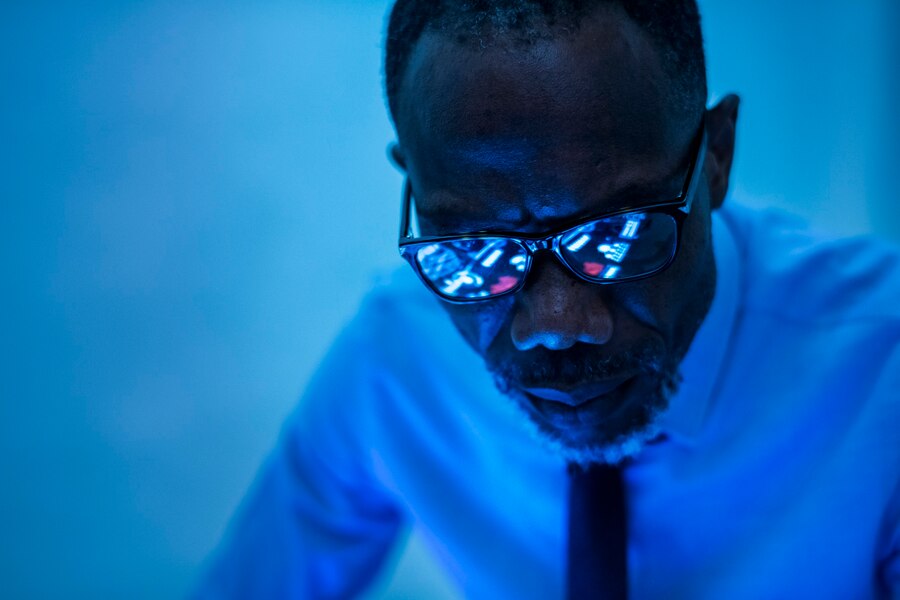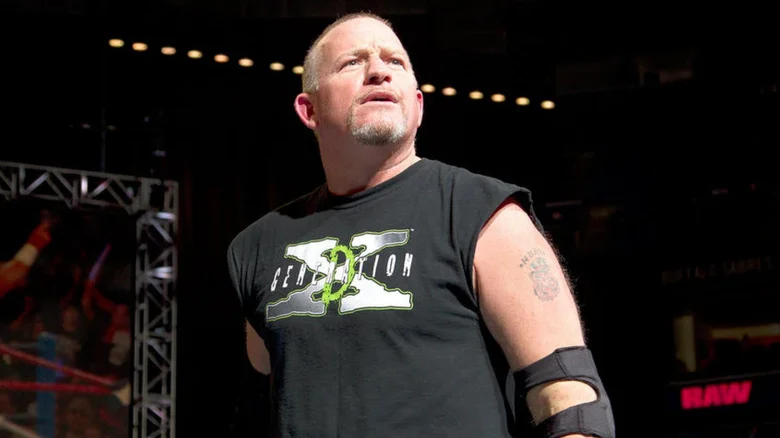How Do Essentials Hoodies Fit
The hoodie has evolved from its humble beginnings as workwear for laborers to become a staple in modern fashion. Today, the hoodie is not just a practical garment; it’s a symbol of comfort, style, and self-expression. As the popularity of hoodies continues to soar, one brand has gained significant recognition for its commitment to quality … Read more










